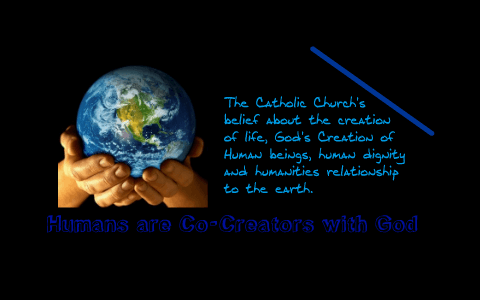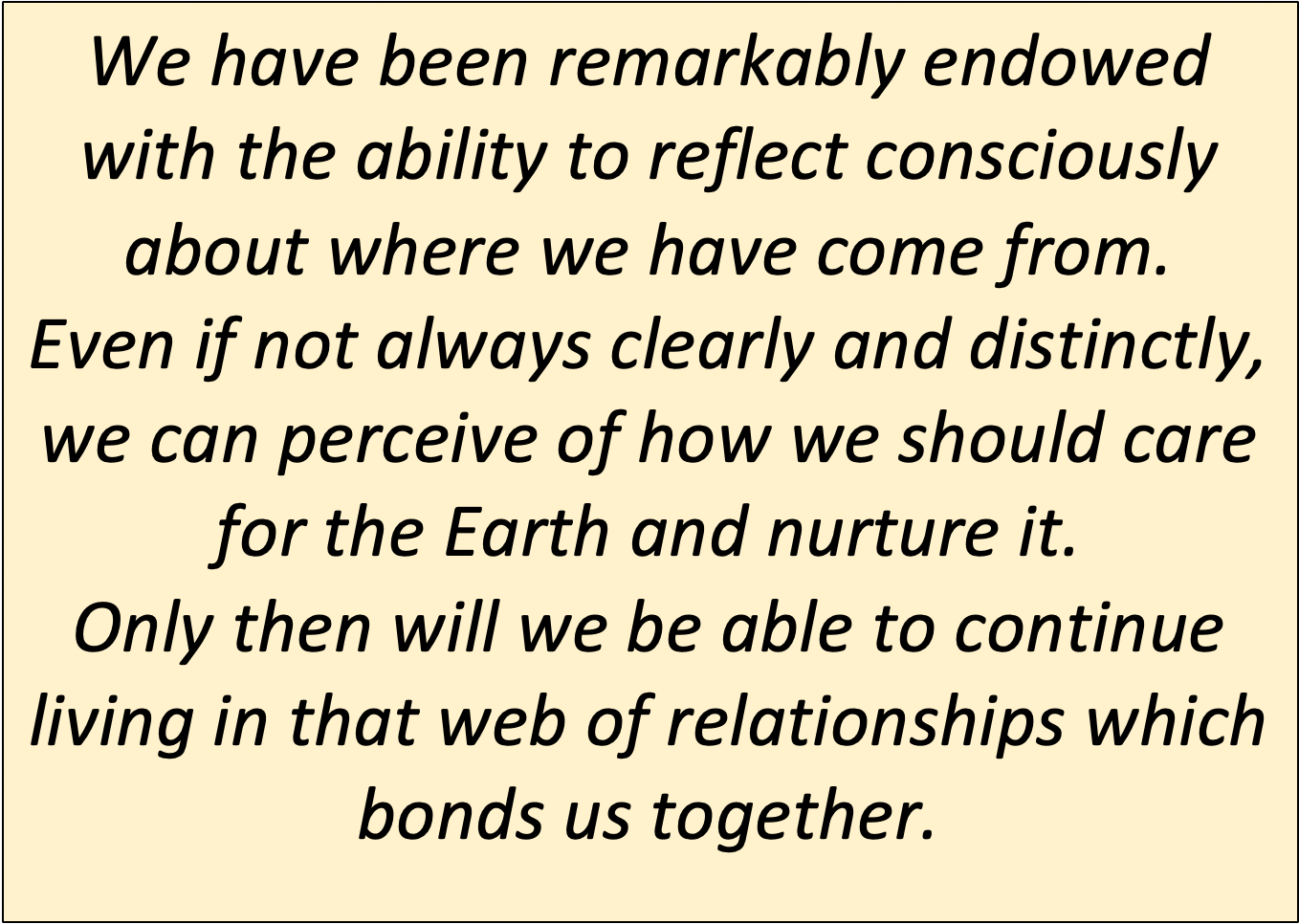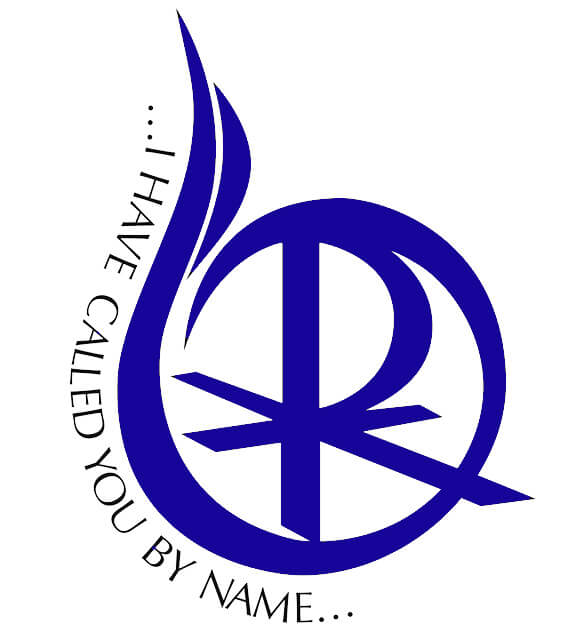
To speak of spiritual growth is to speak of relationships. For a Christian, spirituality is a way of life based on our relationship with God embodied in the person of Jesus Christ, whose life we now share through the Spirit dwelling within us. The Universe Story resonates with this conviction, insofar as it affirms that all of created reality, living and non-living, comes from a single source and has evolved for billions of years to our present stage of earthly existence. Creation is a web of relationships.
We humans, endowed with a mind capable of self-conscious reflection, a heart to reach out to others in love, and with the freedom to carry out the practical actions of both, are the living expressions of cosmic evolution which has come to present fulfillment. In the words of Abraham Heschel, a renowned Jewish philosopher/theologian, we are “Cantors of the Universe.”
Each and every one of us have evolved to this present stage of life as uniquely different, yet also connected with everything that has gone before us. Individually we sing a different song, but together we are a part of a vast choir of voices.

The first response of a believing person confronted with the beauty of creation is “awe and wonder.” Inevitable questions then emerge: “Who or what are you, Holy Mystery, that you have given us this wondrous Earth?” “Who is it that has endowed us with the freedom to enjoy and celebrate it, or to destroy it?”
Spirituality, first and foremost, begins with a profound sense of gratitude for this gift of Earth and life. This is our ho0me. Prayer of gratitude and thanksgiving is essential to a spirit-filled person.
Prayer continues with a sense of reverence for the sacredness of creation and a spirit of contemplation of how we are being called individually and communally to support and sustain the incredible kinship which gives meaning to our lives. Within the embrace of an immense evolutionary universe, we humans stand in reverent astonishment. The words of Karl Rahner, a renowned German Catholic Theologian, are apropos here: The Christian of the future will be a contemplative, or not at all! Furthermore, there is a. ridge between the Universe Story (where all created reality comes from a single source and has evolved to our present stage of earthly existence) and our own Story of Faith (where Creator God, Incarnate Son, and life-giving Spirit give meaning and purpose to the Universe Story).
Ecology comes from the Greek word, oikos, meaning home or dwelling. Ecology then is the study of the structure and dynamics of that intricate web of life that we call “our home.”
This link between both stories challenges us to be wise and responsible stewards and contemporary co-creators with God in working for an ongoing, livable, and sustainable future for our created world. It will depend on people like ourselves, committed to both stories, that will determine whether we leave for others a legacy of a living Earth, or a hell on Earth. What would this mean as a basic point of contemplation for our spiritual lives? If, as Abraham Heschel said, We are called to be Cantors of the Universe, what will we leave for the future?
Will we leave the memory of a magnificent choir or a cacophony of sounds? The evolutionary flow of creation in the Universe Story is also marked by a cruciform pattern of “birth, death, and new creation.” And so is the Story of Faith. The way of Jesus Christ is identified by a similar cruciform design: the total self-giving of himself on the cross. How does such a design manifest itself in our own spiritual lives? Such a pattern of life points also to the transformed life of the Risen Lord, the promise and hope for life even beyond death. May we who are endowed with the Spirit of Christ recognize that we, too, are being called to be co-creators and co-redeemers in continuing his mission on Earth. Such is the meaning of being members of the Body of Christ.
Questions for Discussion:
1. Recognizing that we, too, are part of that web of living relationships, how do we understand the words of Abraham Heschel, “We are called to be Cantors of the Universe?
2. When have you experienced in your own life the mystery and beauty of creation that leaves you with a sense of awe, wonder, and gratitude?
3. How do you understand the phrase referring to Creator God as “One who calls us into a communion of love?
